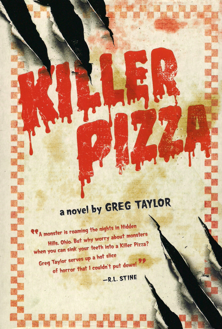
The ‘Killer Pizza’ Series by Greg Taylor
Here is an especially horror-filled series of books that will leave you shivering and hungry. High School

Its the Last Saturday of September!
I hope youre ready for an October full of spine-chilling ghost stories.
Lets get started with the sequel to J.A. Whites Nightbooks . . . if you dare.
Alex thought he was done with witches. But when Natacha, the witch who held him captive for scary stories, appears again one night, Alex realizes hes trapped in a nightmare – literally. Shes found a way to enter his dreams with a new, terrifying familiar named Simeon. And they once again want Alex to write. Transported to a story graveyard with best friend Yasmin, Alex must complete an original scary story each night.
But what does Natacha plan to do with his finished stories? And what makes a story good enough? While Natacha might have control of the beginnings, only Alex has the power to write the ending.
Readers can delight in a spooky story while also exploring the craft of writing alongside Alex. As he writes his own scary tales, he learns about plot twists, active characters, identifying originality, and accepting feedback, as well as dealing with writers block – making this an ideal book to read for fun or use in classrooms.
I was not expecting a sequel. I thought Nightbooks ended perfectly. The Nightbooks movie did imply that Natacha was still alive, but I didnt think too much about it. I wonder if this means there will be a movie based on this book.
Like the first book, Alex is once again forced to write scary stories. But unlike the first book, which had Alex struggling with writers block and not actually writing anything, this story showcases Alexs writing process and the development of his stories. As Alex writes, he learns about predictable plots, overused clichés, and disappointing endings. With each new short story, you see how his writing and storytelling improves.
Here are a few of my favorite writing-related quotes:
It doesnt matter how creative a story is if its poorly told. The only way a reader will buy into all those wild ideas is if theyre transported into a world where those ideas can actually happen. That takes characterization, dialogue, description, pacing . . .
Good writing.
Exactly.
Just because somethings never been done before doesnt make it a good idea.
Unless you can put your own spin on it, why tell it at all?
This story raises an excellent discussion question: What makes a story good? In my opinion, a good story is one that hooks you from the first chapter and doesnt let you go until the very end. After seven years of writing this book blog, my reading tastes have gotten a bit picky. If a book doesnt grab my interest by the fourth chapter, I stop reading and move on to another one.
Another thing that makes a story good is originality and creativity. But coming up with anything original these days is no easy feat (thats why there are so many remakes and reboots of old TV shows and movies). Its hard to find a story that doesnt feel like the same old story with different characters.
Here are a few examples of over-used storylines used in middle school fiction:
Heres a little advice for young writers:
Not everything you write will be a masterpiece. For example, when writing my book reviews, sometimes I write paragraphs that sound almost poetic. Other times I can barely form a coherent sentence. I spend a significant amount of time struggling to get these reviews to come out just right. You dont have a crazy witch critiquing your work, so try not to be so hard on yourself.
I might have gone a little overboard talking about the craft of writing. But I didnt want to give away any details that might spoil the story.
Overall, this imaginative, suspenseful story had me on the edge of my seat the whole way through. J.A. White never disappoints.
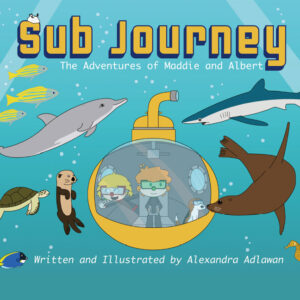

Here is an especially horror-filled series of books that will leave you shivering and hungry. High School
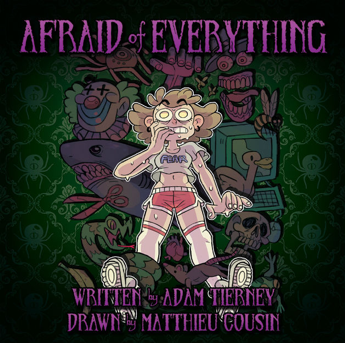
HAPPY 150TH BOOK REVIEW And to celebrate, here is a book of short horror stories written specifically for young readers. 5 to 95 (Suggested for
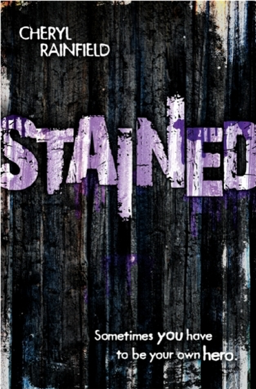
High School Sixteen-year-old Sarah Meadows longs for normal. Born with a port-wine stain covering half her face, shes been plagued by stares, giggles, bullying, and

Here is an especially horror-filled series of books that will leave you shivering and hungry. High School

HAPPY 150TH BOOK REVIEW And to celebrate, here is a book of short horror stories written specifically for young readers. 5 to 95 (Suggested for all readers) Featuring twenty-six terrifying short stories, each based on a different A to Z

High School Sixteen-year-old Sarah Meadows longs for normal. Born with a port-wine stain covering half her face, shes been plagued by stares, giggles, bullying, and disgust all her life. But when shes abducted on the way home from school, Sarah
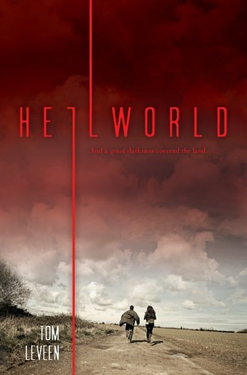
HAPPY OCTOBER! To celebrate October, heres a hell-raising story to get us in the Halloween mood. Pun intended. High School Five years ago, Abby Booths mom, co-host of a ghost-hunting reality show, went missing while filming in a haunted cave

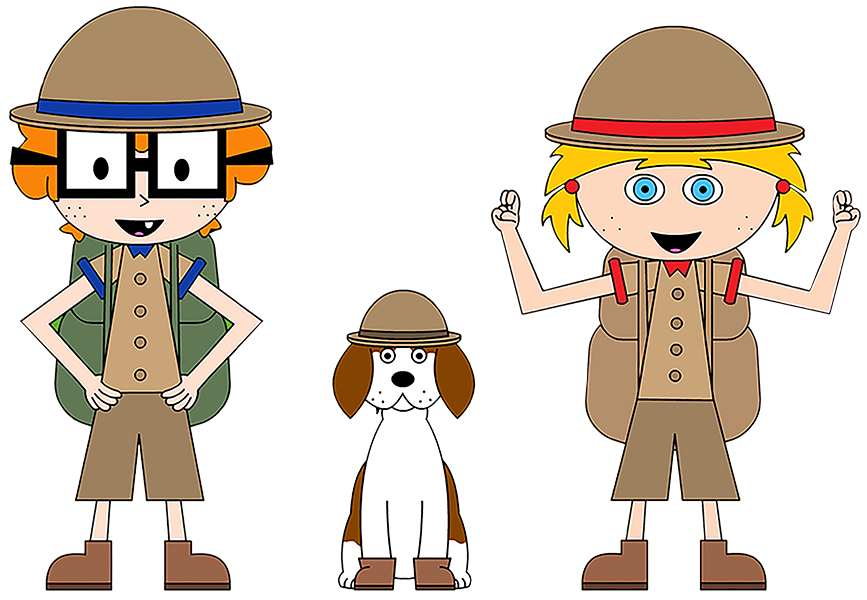
Albert, Houdini & Maddie
Copyright © 2021 Amazing Artists Online – All Rights Reserved
Developed by Clearian


Albert, Houdini & Maddie
Copyright © 2023 Amazing Artists Online – All Rights Reserved
Developed by Clearian